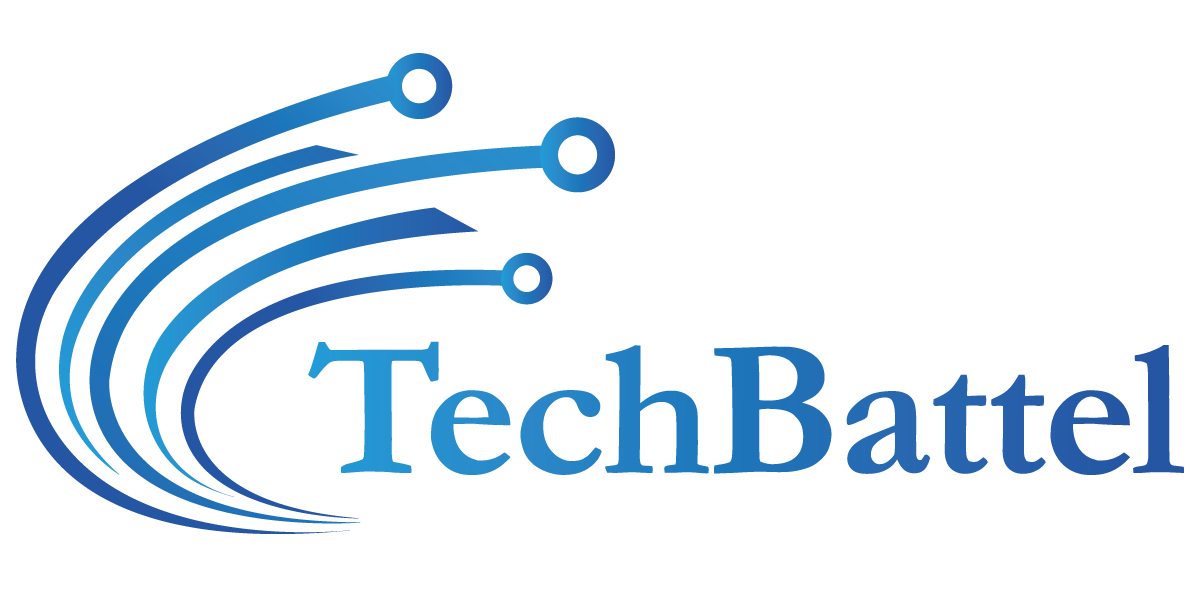Outpatient rehab is a more flexible form of treatment compared to inpatient treatment and may be beneficial for patients with mild addiction symptoms. It can involve the use of group, family, and individual therapy sessions to help treat addiction. Here are five types of addictions that can be treated with outpatient rehab:
1. Alcohol Addiction
Alcohol addiction, or alcoholism, is a medical condition characterized by the frequent use of alcohol. Progressive use of alcohol may disrupt a person’s life and those around them, with common signs of alcohol abuse being incoherent speech, loss of consciousness, vomiting, nausea, and poor balance. Outpatient rehab offers various treatment options for alcoholism, including behavioral therapy, group therapy, individual counseling, and medication-assisted therapy. Individual therapy sessions can help individuals set recovery goals and develop healthy coping strategies, while group therapy provides a safe environment to share experiences and learn from others.
2. Opioid Addiction
Opioid addiction, or opioid use disorder (OUD), refers to an addiction to opioid drugs like heroin, morphine, or codeine. Common OUD symptoms include mood swings, changes in sleeping patterns, cravings, and nausea. Continuous use of opioids can slow down the body’s functioning, including breathing and heart rate. Outpatient treatment, such as medication-assisted therapy, can be used to treat OUD. The treatment may involve the use of behavioral therapy along with medications like buprenorphine, methadone, and naltrexone. These medications can help reduce OUD-related symptoms and increase the likelihood of individuals remaining in treatment.
3. Cannabis Addiction
Cannabis addiction, also known as Cannabis Use Disorder (CUD), is a heavy pattern of compulsive cannabis use. Long-term use of cannabis may lead to acute psychosis, including hallucination, delusion, and a loss of sense of individual identity. The common symptoms of CUD include anger, weight loss, and depressed mood. Outpatient rehab can address CUD through individual, group, and cognitive behavior therapies. Therapy sessions aim to address the psychological dependency on the drug and develop strategies for managing cravings and triggers.
4. Prescription Drug Addiction
Prescription drug abuse is when an individual uses a prescribed medication without a current prescription or for purposes other than as prescribed. Drug abuse can become an addiction when performed consistently. Some common types of abused medications are pain relievers, stimulants, and depressants.
Prescription drug abuse effects vary depending on the medication abused. Abuse of pain relievers can result in life-threatening respiratory depression, while depressant abuse may cause seizures and decreased heart rate. Outpatient programs like medication-assisted treatment and therapy are used to address medication addiction. Group, individual, and family therapy helps the patient to address underlying issues, identify triggers, and develop coping mechanisms.
5. Gambling Addiction
Gambling addiction, also called gambling disorder, is a type of behavioral addiction. It refers to engaging in repetitive and persistent gambling behaviors that can cause significant distress. Gambling can be characterized by constant feelings of loss over gambling and irrational thinking about odds and winning.
Learn More About Outpatient Rehab
Outpatient rehabilitation offers a flexible approach to addiction treatment, allowing individuals to attend therapy sessions, counseling, and support groups while continuing their everyday lives. Alcohol, cocaine, opioid drugs, prescription medications, and gambling are several addictions that can be treated with outpatient rehab. If you’re struggling with an addiction, consider learning more about outpatient rehab to decide if it would be a suitable option for you.

